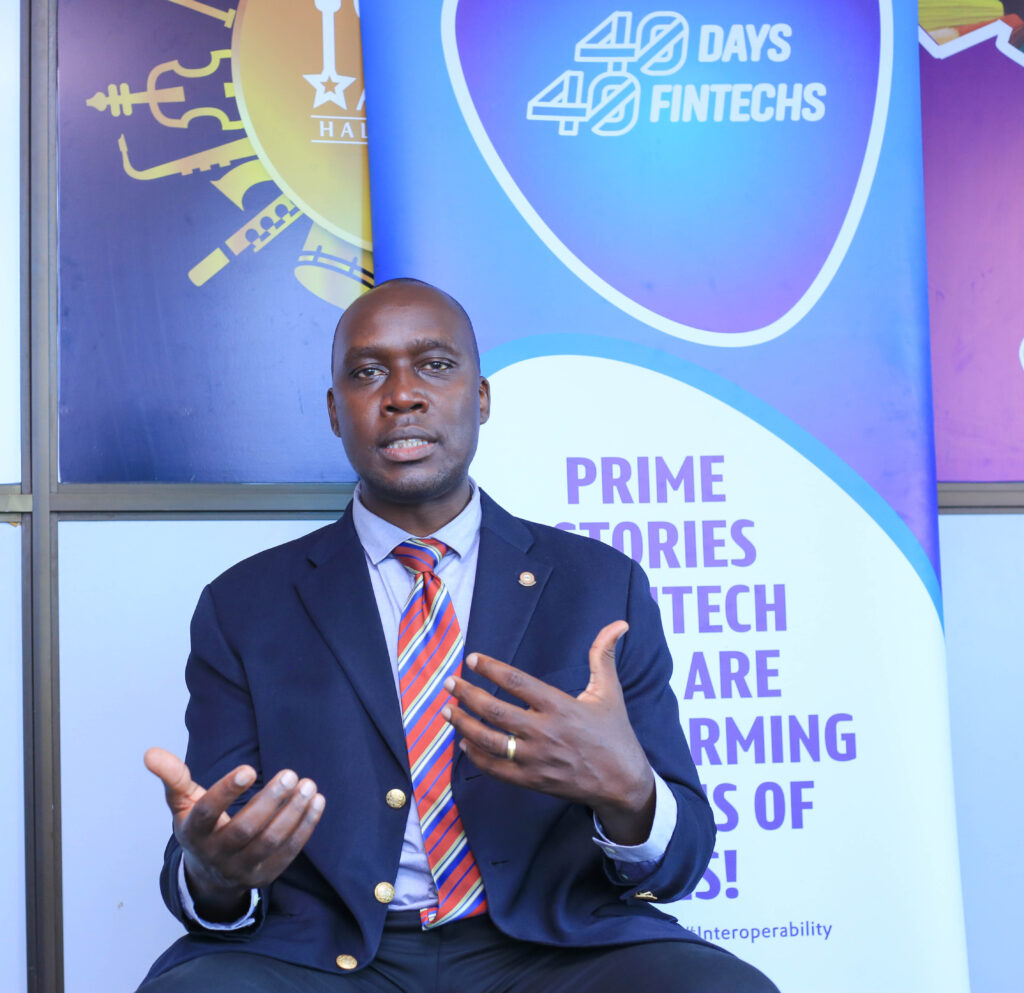More Ugandans are set to access health insurance following the introduction of Bomba MED, a micro health insurance product on the market. Innovated by Insure Small Small – a microinsurance strategy for the “forgotten consumer”, Bomba MED is a microinsurance product for malaria and typhoid.
According to the Insure Small Small founder and Chief Executive Officer Oscar Ofumbi, they launched with the Bomba MED, after noticing that statistically, malaria affects 10 million Ugandans, and 23% of Out-Patient visits are due to malaria.
While the cost for treating malaria is affordable, he says sicknesses strikes when least expected, hence the need for insurance protection. The Bomba- Dawa plan costs UShs5,000 (USD 1.4) monthly.
Ofumbi notes that due to COVID-19 and its economic shocks, access to life-saving but high-priced essentials like medical insurance has been impacted hence the need to carve out niches attuned to the customer’s need.
Ofumbi notes that insurance penetration in Uganda has stagnated at below 2% for long, simply because traditional insurance is broken, evidenced by supplying the same products through different channels, with no regard to innovation or delivery.
This, he adds, has created a forgotten consumer and thus the need to reinvent.
He defines a forgotten consumer as an economically active consumer who has been left out of insurance coverage.
“We hope that by focusing on the forgotten consumer and building user-generated demand, we will contribute to the greater ecosystem.”
How Insure Small Small works
Ofumbi says that their platform has fused five unlikely verticals into one application across disease diagnosis, treatment, logistics, e-commerce, and technology and a user can self-onboard.
“We have built a USSD application *284*89# from which a user can self-onboard, buy a policy using mobile money and file a claim. The clinic/pharmacy uses the same USSD Code to verify the claim and we make an instant payment to the partner’s wallet via mobile money.”
The InsurTech has also integrated Level One Project best practices, taking advantage of the low-cost USSD technology, and weaving it into a futuristic technology, enabling them to programmatically create a USSD-smart contract.
This makes an instant payment upon verification of a claim and since USSD can be accessed on low-cost devices, they are thus able to reach the target audience.
Ofumbi notes that InsurTech plays a crucial role, noting that if used rightly, the rich data generated by InsurTechs has the potential to positively contribute to financial inclusion through identification of the ‘unserved’ but potentially profitable niche markets, best served using low-cost technology tools.
However, he notes that the InsurTech sector is currently grappling with limited opportunities for strategic partnerships as the indigenous local insurers have zero appetites for innovation while the majority of foreign insurers are filled with decision red tape.
Additionally, the insurance structure presents huge challenges, as InsurTechs are up against incumbents that have deep pockets and reinsurance players that stifle innovation because they refuse to understand innovation which is a new way of doing an old thing.
40-Days 40-FinTechs
Insure Small Small is among the firms participating in the ongoing edition of the 40-Days 40-FinTechs initiative, organized by HiPipo in partnership with Crosslake Technologies, ModusBox, and Mojaloop Foundation, and sponsored by the Gates Foundation.
He commended HiPipo for the initiative, saying it has brought about teamwork and networking, to enable players to complement each other.
“There is a saying that if you want to go near go alone, if you want to go far travel with others.”
“This is a perfect initiative and strategically I foresee opportunities for established teams to acquire smaller ones, merge with others, or get acquired thus strengthening the ecosystem.”
The HiPipo Chief Executive Officer Innocent Kawooya says through this edition, FinTechs have shown a plethora of solutions, seeking to solve unique sets of challenges.
“Insure Small Small has come up with an e-health product targeting the underserved, who are the majority. It fully runs on USSD which makes it accessible to anyone with a phone. This is a step in the right direction.”
He adds that FinTech is the launchpad on which the promise of full global financial inclusion will be fulfilled.
Read About: Club Tangaza is using coding to support inclusion

